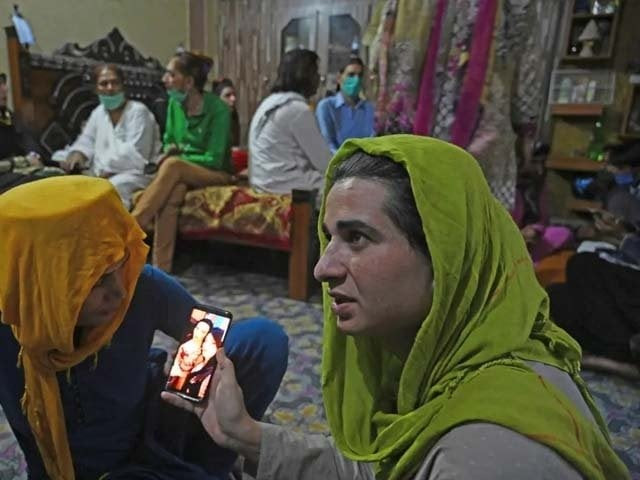Gender is defined as the socially constructed roles and behaviors that a society typically associates with males and females. An example of gender is referring to someone who wears a dress as a female. However, such rigid classifications can stir a great deal of trouble and confusion because as time goes by, more people are not only being seen but also accepted as being and doing things that were once associated with only one gender.
Gender identity refers to a persons’ internal sense of self, as a member of a particular sex. His or her internal sense of self is not for another person to decide. It’s his or her right only. No parent, cousin, friend, teacher or stranger can dictate what gender a person relates to. One that makes them feel alive, whole and at peace.
On the other hand, sexuality refers to your orientation, capacity and interest. This includes all types of physical, emotional, romantic and sometimes spiritual attractions. There is a reason why the movement was called LGBT because each represents a different group of people with distinguishable identities and sexualities.
The first three letters L,G, and B refer to sexual orientation. Lesbian, gay and bisexual are all sexual orientations signifying who you are attracted to. Lesbian refers to someone who identifies as a female and is attracted to other females and gay refers to those who identify as male and are attracted to other males. Someone who identifies as bisexual is attracted to both those who identify as male or female.
According to the American Psychological Association (APA), “Transgender is an umbrella term for people whose gender identity, gender expression or behavior does not conform to that typically associated with the sex to which they were assigned at birth.”
Another group that is often clustered together but in no way similar are the intersex.
According to the APA, “A variety of conditions that lead to atypical development of physical sex characteristics are collectively referred to as intersex conditions. These conditions can involve abnormalities of the external genitals, internal reproductive organs, sex chromosomes or sex-related hormones.”
Intersex was originally a medical term, which was later adapted by those born with atypical genitalia. As discussions evolve around the language used for those that do not identify with traditional sexual roles and genders, those that identify as intersex, as well as some experts are seeking to use the term “disorders of sex development”. They feel that this term is more accurate and less stigmatising than the term intersex. Some intersex conditions cannot be diagnosed at birth and may only be apparent around puberty or even later. Most people who do have intersex conditions grow up to identify as heterosexual but there are specific intersex conditions, which may also affect sexual orientation.
If you know anyone, who does not feel at peace with their body or with the gender identity that is “usually” associated with it or anyone who does not necessarily fit into your perceived notions of male or female, try and see if you can spend some time listening to them with an open mind, so that you may at least be able to glimpse an iota of their struggle. The struggle of being betrayed by the very body you live in, where it feels foreign. The struggle of being seen in the gender that is the opposite to their core and personal expression.
People who do not conform to societal ideas of gender are forever finding their place, not only in society but also in their own lives. It is extremely important for them to be shown empathy and care. Especially if you are a parent to a child that may not be conforming to their biological gender or your standard of what a male or female child should be, take this as an opportunity to show kindness and empathy where others before you have been judgmental, dismissive and in extreme cases, disowned the child. Why can’t empathy and kindness also be bestowed upon ‘gender identity’ and all of those people who have to live with this uphill battle of being accepted on a daily basis.
As British actor Emma Watson sums it up perfectly “Trans people are who they say they are and deserve to live their lives without being constantly questioned.”



COMMENTS
Comments are moderated and generally will be posted if they are on-topic and not abusive.
For more information, please see our Comments FAQ